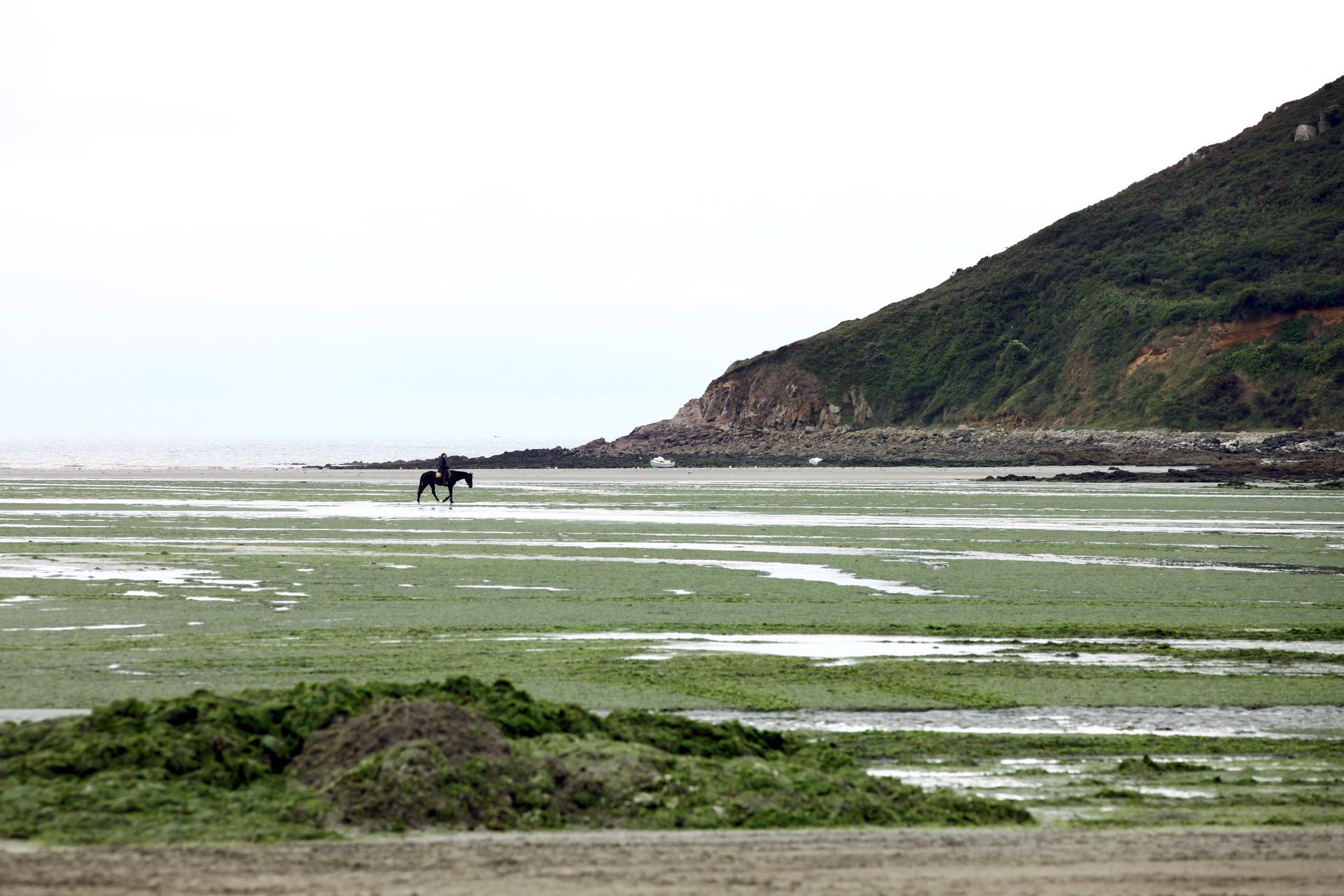Iron seeding of the ocean could help stop global warming
Seeding the ocean with iron may help ease global warming.
Seeding the ocean with iron may halt global warming, say scientists.
In what experts call "geoengineering," German researchers say that dumping iron into the ocean to spur the growth of algae may work to absorb excess carbon dioxide from the atmosphere.
According to the Guardian, the process works by dumping iron sulphate into the ocean to fertilize and grow the algae, which blooms and traps carbon dioxide through photosynthesis.
When the algae dies it drags the carbon to the bottom of the ocean with it.
The technique remains controversial but a study conducted several years ago yielded promising results that are just now coming to light.
In 2004, researchers at the European Iron Fertilization Experiment (EIFEX) fertilized 100 square miles of ocean with several tons of iron sulphate.
For several weeks the team of researchers watched the bloom and death of the algae.
More from GlobalPost: Germany battles over future of solar
According to the Christian Science Monitor, the scientists found that with each atom of iron added, 13,000 atoms of carbon was pulled out of the atmosphere.
"At least half of the bloom was exported to depths greater than 1,000 metres," said study author Victor Smetacek, a marine biologist at the Alfred Wegener Institute for Polar and Marine Research, reported TG Daily.
Other studies have shown that iron can lead to greater algae blooms but they have been unable to show that the carbon was dragged to the sea floor.
Despite some promising results ocean seeding with iron on a large scale remains banned by international conventions.
Side-effects of adding iron to the ocean remain unknown and researchers have stopped such experiments altogether.
"We just don't know what might happen to species composition and so forth if you were to continuously add iron to the sea," said Smetacek, according to the Christian Science Monitor.
"These issues can only be addressed by more experiments including longer-term studies of natural blooms that occur around some Antarctic islands."
The story you just read is accessible and free to all because thousands of listeners and readers contribute to our nonprofit newsroom. We go deep to bring you the human-centered international reporting that you know you can trust. To do this work and to do it well, we rely on the support of our listeners. If you appreciated our coverage this year, if there was a story that made you pause or a song that moved you, would you consider making a gift to sustain our work through 2024 and beyond?
